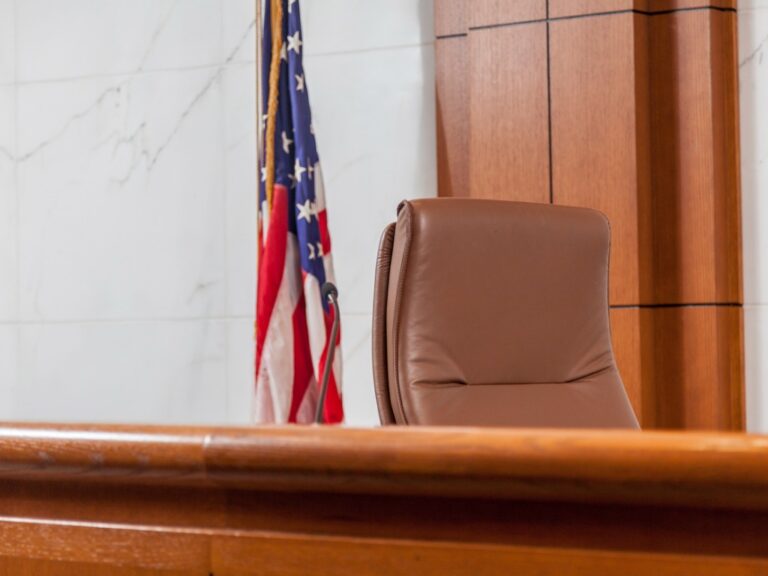Supreme Court Rejects NLRB’s Deference for Preliminary Injunctions
July 5, 2024

The Supreme Court has rejected the NLRB’s deference for preliminary injunctions in Starbucks v. McKinney. The Court found that the National Labor Relations Board’s request for preliminary injunctive relief should not be subject to a more deferential standard than is normally applied to a preliminary injunction request.
Barnes & Thornburg attorney Scott Witlin calls the decision “a piping hot wake-up call” for the NLRB. Justice Clarence Thomas wrote the opinion, which was nearly unanimous as he was joined by eight other justices.
Justice Ketanji Brown Jackson, in a partial dissent, would have the district court evaluate the merits of the NLRB request with a review that “should be far less searching than normal.”
It’s long been the case that a party requesting an injunction is subject to a four-factor test, including a requirement that it demonstrates a likelihood of success on the merits. The NLRB argued that it was entitled to deference in the application of those factors, and that without it, its mission would be compromised.
The Court rejected that argument, finding that the position the NLRB takes at the preliminary stage of a case is not a decision of the NLRB itself, but rather a “convenient litigating position,” and as such not entitled to deference.
“The Starbucks decision seemingly means the NLRB will become less likely to seek interim injunctive relief, a remedy that the board has used sparingly, but increasingly in recent years,” Witlin concludes.
Read more of Today’s General Counsel‘s coverage of the NLRB here, here, and here.
Critical intelligence for general counsel
Stay on top of the latest news, solutions and best practices by reading Daily Updates from Today's General Counsel.
Daily Updates
Sign up for our free daily newsletter for the latest news and business legal developments.




